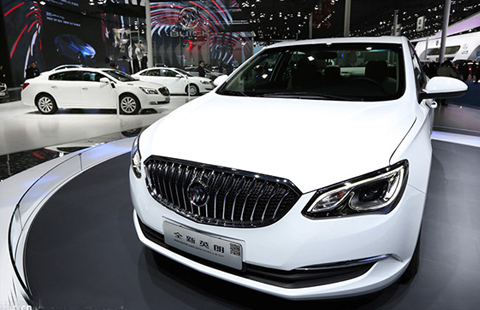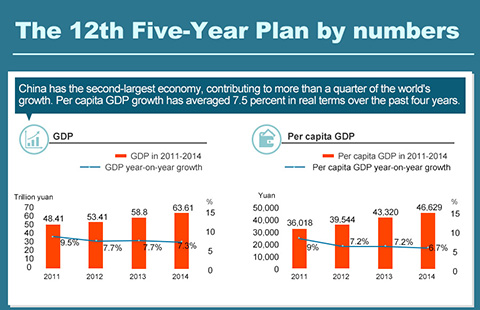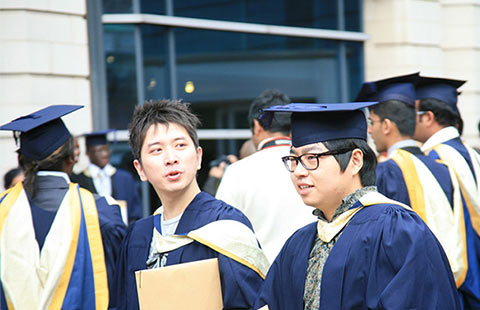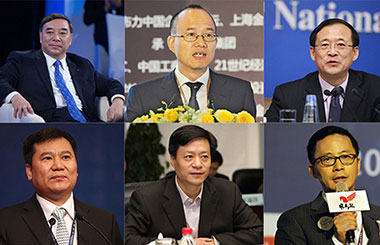China-Singapore Suzhou Industrial Park targets new reforms
(Xinhua) Updated: 2015-10-28 14:25SUZHOU - The Suzhou Industrial Park, the largest cooperative project between China and Singapore, was approved by China's State Council on Tuesday to become a new pilot zone for opening up and innovation.
The park, which covers an area of 278 square kilometers in Suzhou city in East China's Jiangsu province, accounts for only 3.4 percent of the city's land area, but contributes 15 percent of the city's GDP.
The State Council's approval of the overall plan for the park to pilot comprehensive experiment on opening up and innovation came as Chinese Vice Premier Zhang Gaoli paid an official visit to Singapore.
Zhang on Tuesday agreed with Singapore Deputy Prime Minister Teo Chee Hean that future government-to-government (G2G) projects between the two countries will focus on "modern inter-connectivity and services."
Established in 1994 as the first G2G project between China and Singapore, the park has been developed into a model for China's economic cooperation with foreign countries. It has so far attracted $26.7 billion in foreign investment for 5,200 programs. More than 90 Fortune 500 enterprises have invested in 150 programs in the industrial park.
Under the new plan, the park is required to copy the successful experience of free trade zones, explore and establish new open economic system, and promote upgrading of industrial structure.
Liu Zhibiao, professor with the Business School of Nanjing University, who is close to the plan's drafters, said the park had been given some individual favorable policies such as financing, but the approval of the new plan would mean a comprehensive package of free trade policies.
He said unlike the free trade zone in Shanghai, the Suzhou Industrial Park has special status as a free-trade zone equivalent set up in a manufacturing base. Successful experiments from the zone can soon be copied throughout the manufacturing sector.
The United Overseas Bank Ltd (UOB) is among three Singapore banks that have a presence in the park.
Eric Lian Voon Fui, president and CEO of UOB (China), said the bank has set up an FDI group focused on serving hundreds of Chinese firms interested in investing in Southeast Asia.
On Monday, Suzhou-based Chinese firm Innovent Biologics inked a $1 billion deal with US Eli Lilly and Company to form a partnership in drug development.
The deal is the largest of its kind between foreign and domestic biopharmaceutical companies.
According to the deal, the partners will collaborate to support development and potential commercialization of three bispecific antibodies for cancer treatment.
The deal has been seen as part of a larger trend in the Suzhou Industrial Park, where Innovent Biologics is based. The park has been exploring and improving its management and service, making it an example to be promoted elsewhere in China, said professor Liu.
- China's Belt and Road Initiative offers unprecedented chances in Asia
- Yuan usage in S. Korea's trade settlement hits record high in Q3
- ZTE launches new smartphone in Canada
- Beijing relaxes foreign investment rules
- 10 replicas of foreign sites in China
- LeTV to spread its wings in India with smartphones, TVs and cloud computing
- Beijing service sector opened wider to foreign investment
- China CITIC Bank reports slower profit growth
















